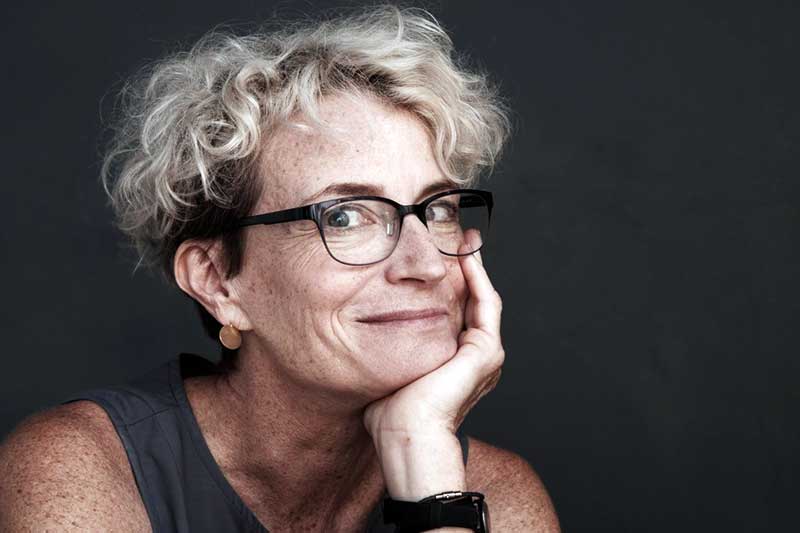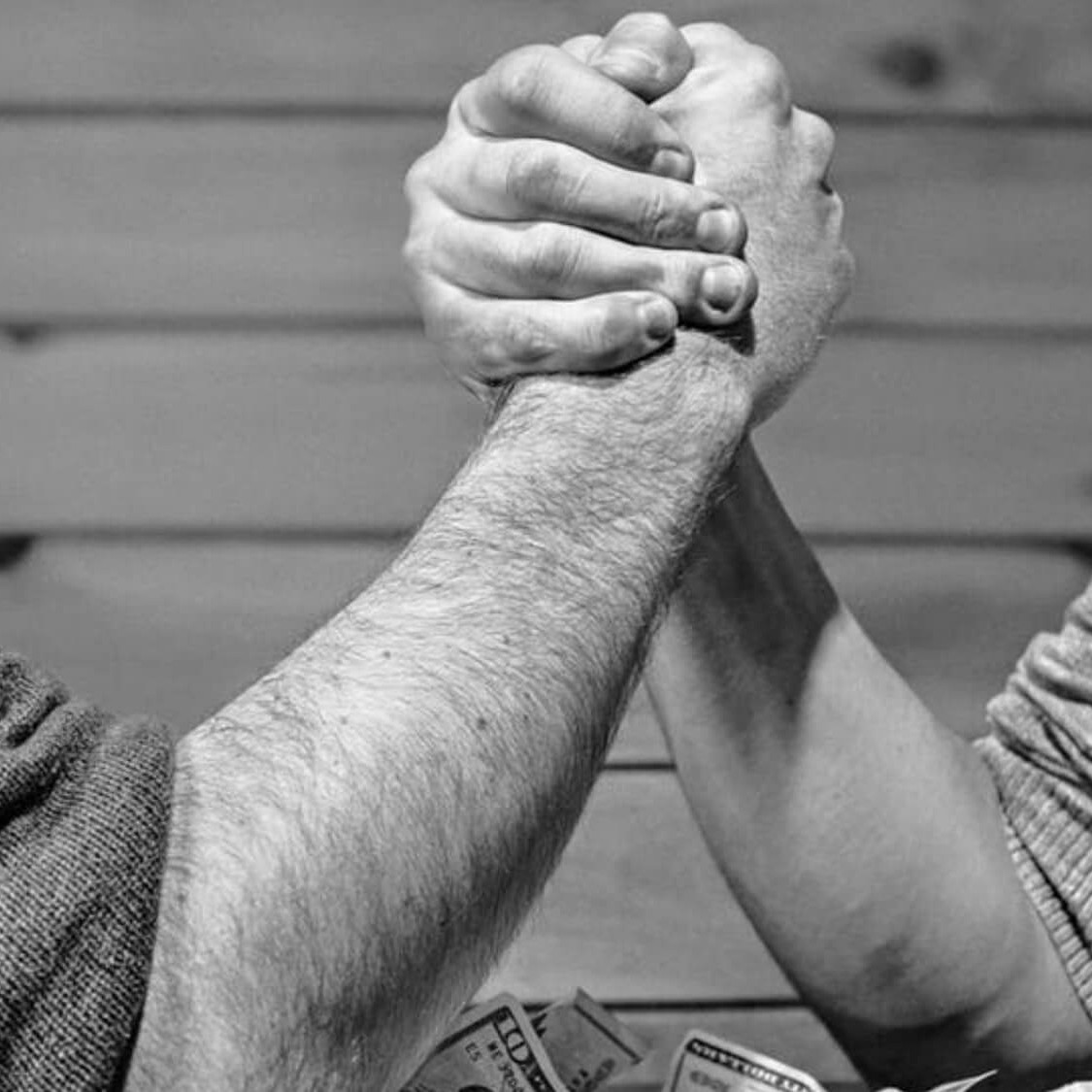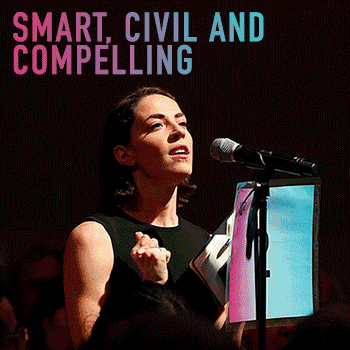
There’s growing evidence of change afoot in attitudes toward age, ageing and older people and it’s about time.
After decades of pondering – and usually catastrophising – about the impact on society of the dreaded ‘ageing population’, we may just be reaching a tipping point.
This term, tipping point, is described by Malcolm Gladwell in his bestselling book of that title as the “magic moment when an idea, trend, or social behaviour crosses a threshold, tips, and spreads like wildfire”.
US ageism activist, Ashton Applewhite, suggests we might be there. She is the author of This Chair Rocks – A Manifesto Against Ageism and will be visiting Australia in November this year.
“The Guardian has just appointed a Longevity Reporter, for example,” she said, “who interviewed me at length and kept asking whether the culture was at a turning point”.

Applewhite argues most people are looking to cash in on the ‘longevity economy’ by selling products and services to a generation that controls most of the disposable income in the developed world.
“But there are also a zillion conversations going on about intergenerational initiatives, older women coming into our power, teaching medical students about age bias, incorporating age into diversity and inclusion training, fetishising of the old-and-fashionable, and many more domains.”
This is happening because people everywhere are waking up to the fact that no domain – from healthcare, to entertainment, to business, technology, the built environment – will be unaltered by the permanent, global and unprecedented phenomenon of population ageing. It carries fascinating social, economic, and ethical implications.
The big lag
One of the biggest challenges of population ageing stems from the fact that the roles and institutions around us – with all their underpinning assumptions, attitudes and behaviours – were created when lives were shorter and very different. And they haven’t had time to properly catch up.
A coalition of diverse Australian organisations and individuals have committed to address this lag with EveryAGE Counts, a long term advocacy campaign to change these destructive, outdated, yet deeply engrained attitudes and assumptions about ageing and older people. The coalition includes the Australian Human Rights Commission, COTA Australia, National Seniors, the Federation of Ethnic Communities Councils, and the Regional Australia Institute.
“Research shows that many of society’s views about older people – the views and assumptions that drive all the negativity around ageing – are based on outdated myths and stereotypes that simply do not apply in this era of prolonged good health and increased longevity,” says EveryAGE Counts campaign co-chair, Robert Tickner.
“People are being prevented from living the productive, healthy, engaged lives they want to live as they get older because our society tends to devalue and marginalise older people,” he says.
“And these negative stereotypes are so pervasive and deeply ingrained – in our language, in representations in the media and in popular culture – that many of us have bought into them without question. So we actually contribute to our own marginalisation as we grow older. It’s why ageism is often described as prejudice and discrimination against your future self!”
The EveryAGE Counts campaign aims to end ageism. It is working to make it as unacceptable as other forms of prejudice and discrimination in our community.
“Terms like sexism, racism and homophobia are well understood and have become embedded in our societal norms. Ageism is not. Racist, sexist and homophobic behaviours are easy to spot, ageist behaviours, less so,” said Tickner.
Ageism is a bit different to other ‘isms’. Racist or sexist attitudes and behaviours, for example, are usually based on prejudices and assumptions about a person or a group that is ‘different’ to us – a different race, a different gender.
“The great irony is that ageism can affect us all, regardless of race, gender, religion, size, shape or our favourite music! It is discrimination against yourself, albeit your future self, for each and every one of us… should we be fortunate to live beyond our youth,” Tickner said.
There have been some great efforts in the last couple of decades, in Australia and internationally, to raise consciousness levels about ageism and its many negative impacts. Applewhite is trying to do this by urging us to swap ‘women’ for ‘older people’ when thinking about some of our attitudes and assumptions. Would you use a sweeping generalisation for an entire gender? Do you think ‘older people’ who may span 30 to 50 years in age, are all the same?
Many are comfortable calling out racism, sexism or homophobia. Yet jokes about older people are less likely to attract reprimand. I encourage you to check out the EveryAGE Counts campaign, take the ‘Am I Ageist?’ quiz and sign our campaign pledge:
I/we stand for a world without ageism where all people of all ages are valued and respected and their contributions are acknowledged. I/we commit to speak out and take action to ensure older people can participate on equal terms with others in all aspects of life.
MOST POPULAR
ArticleSOCIETY + CULTURE
Make an impact, or earn money? The ethics of the graduate job
EssayBUSINESS + LEADERSHIP
Understanding the nature of conflicts of interest
ArticleBeing Human
The problem with Australian identity
EssayBUSINESS + LEADERSHIP




